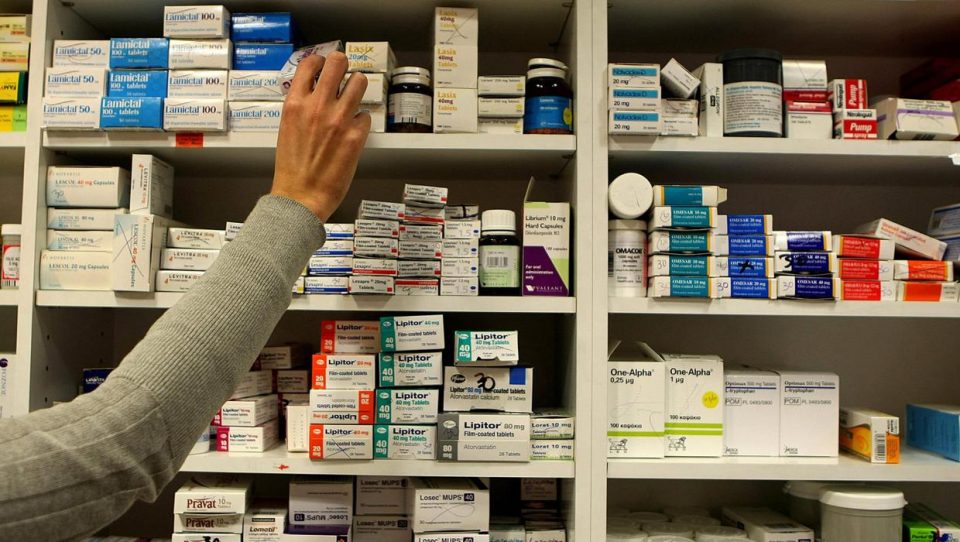Pharmacists believe Irish patients are at risk due to medicine shortages and fear the problem is likely to get worse.
A survey of Irish Pharmacy Union (IPU) members found that 97pc of the country’s community pharmacists have reported increased medicine shortages over the past year.
These include shortages of some of the country’s most commonly prescribed and widely used blood pressure tablets, antibiotics and antidepressants.
Brexit, the impact of the Covid-19 pandemic and other countries bulk-buying medicines are blamed for causing supply problems.
Seven in every 10 pharmacists said they had noticed a “significant increase” in supply shortages since last year. Over nine in 10 respondents (92pc) believe the problem will get worse. Almost half (48pc) of the 200 IPU members surveyed think the supply issues will impact patient care. IPU general secretary Darragh O’Loughlin said this is a particular concern.
“As we prepare for the upcoming winter season, with the threat of a second surge of Covid-19 hanging over us, there is a sense of foreboding that these shortages will get even worse in the months ahead,” he told the Sunday Independent.
“Since the onset of Covid-19 we have seen how other, larger, countries are competing for medicines, with the USA buying up the global supply of remdesivir during the summer and the UK pre-emptively ordering 100 million doses of a Covid-19 vaccine that is still being trialled.”
The IPU said labetalol tablets, used to address high blood pressure in pregnancy, have been in short supply for almost a year. Digoxin tablets, a long-used treatment for heart failure, have been difficult to source since March. Meanwhile, hormone replacement therapy patches and erythromycin antibiotic tablets, commonly used in patients with a penicillin allergy, have been in short supply for much longer. All generic equivalents of Prozac, a well-known antidepressant that is no longer marketed, have been hit by supply issues in recent months.
O’Loughlin said HSE pricing strategies were also a factor because its model is “a cost-based approach rather than being focused on patients” that makes us less competitive internationally.
A spokeswoman for the Department of Health said worldwide medicine shortages have become more common in recent years because of issues with raw materials and logistics, but she insisted a co-ordinated response is in place with the assistance of manufacturers, the HSE and the Health Products Regulatory Authority. She said this will prevent medicine supplies running short, despite concerns about Brexit and the pandemic.
“Any patient who is affected by a shortage of a medicine is encouraged to speak with their pharmacist or doctor,” she added.
Sunday Independent


